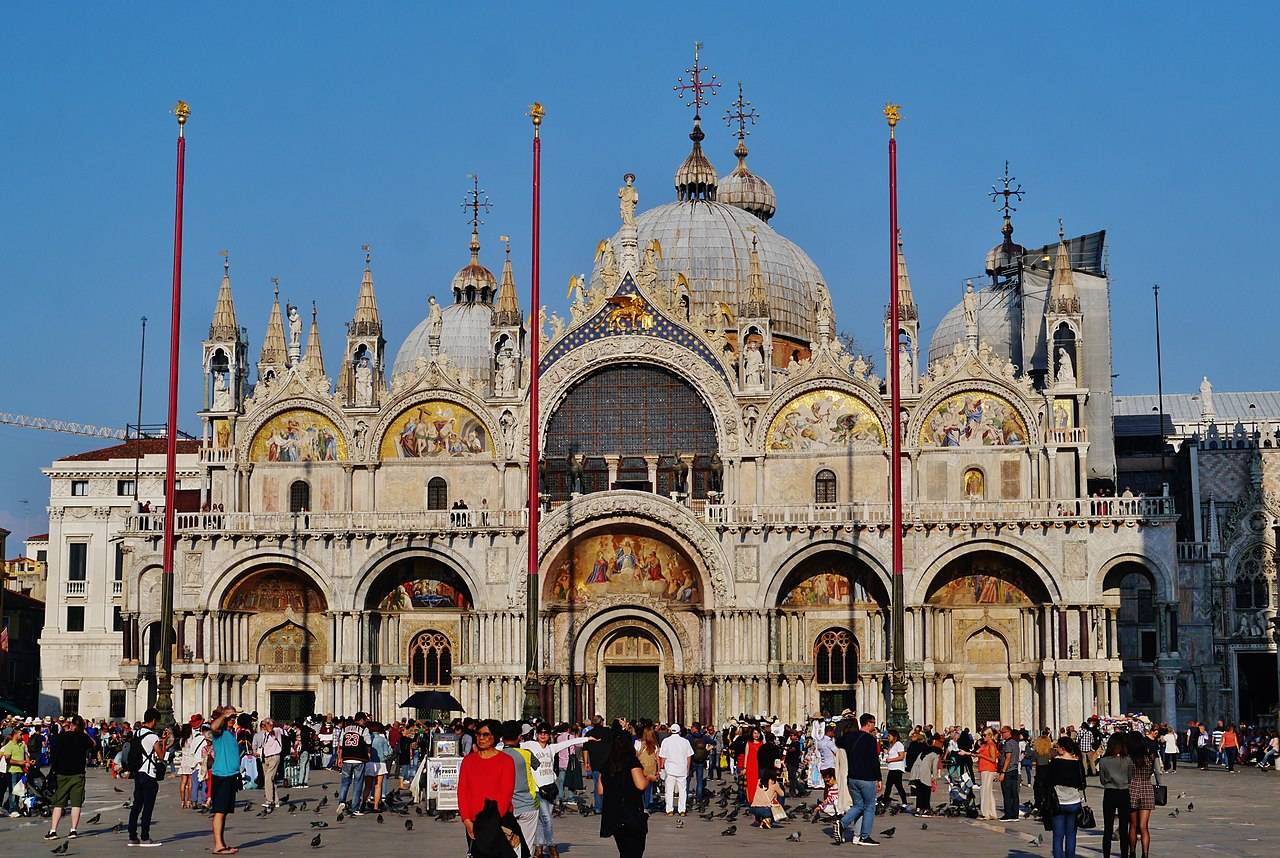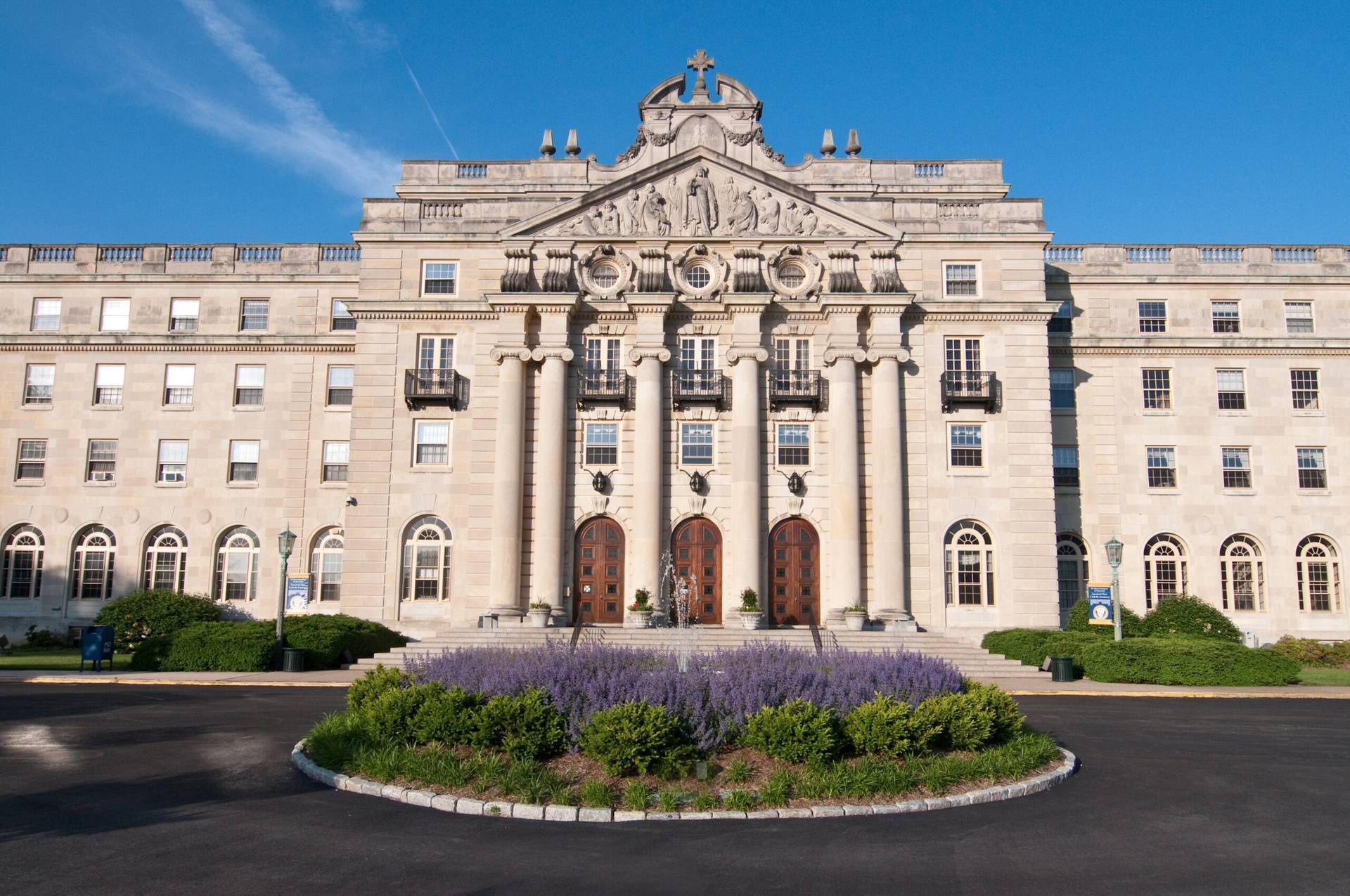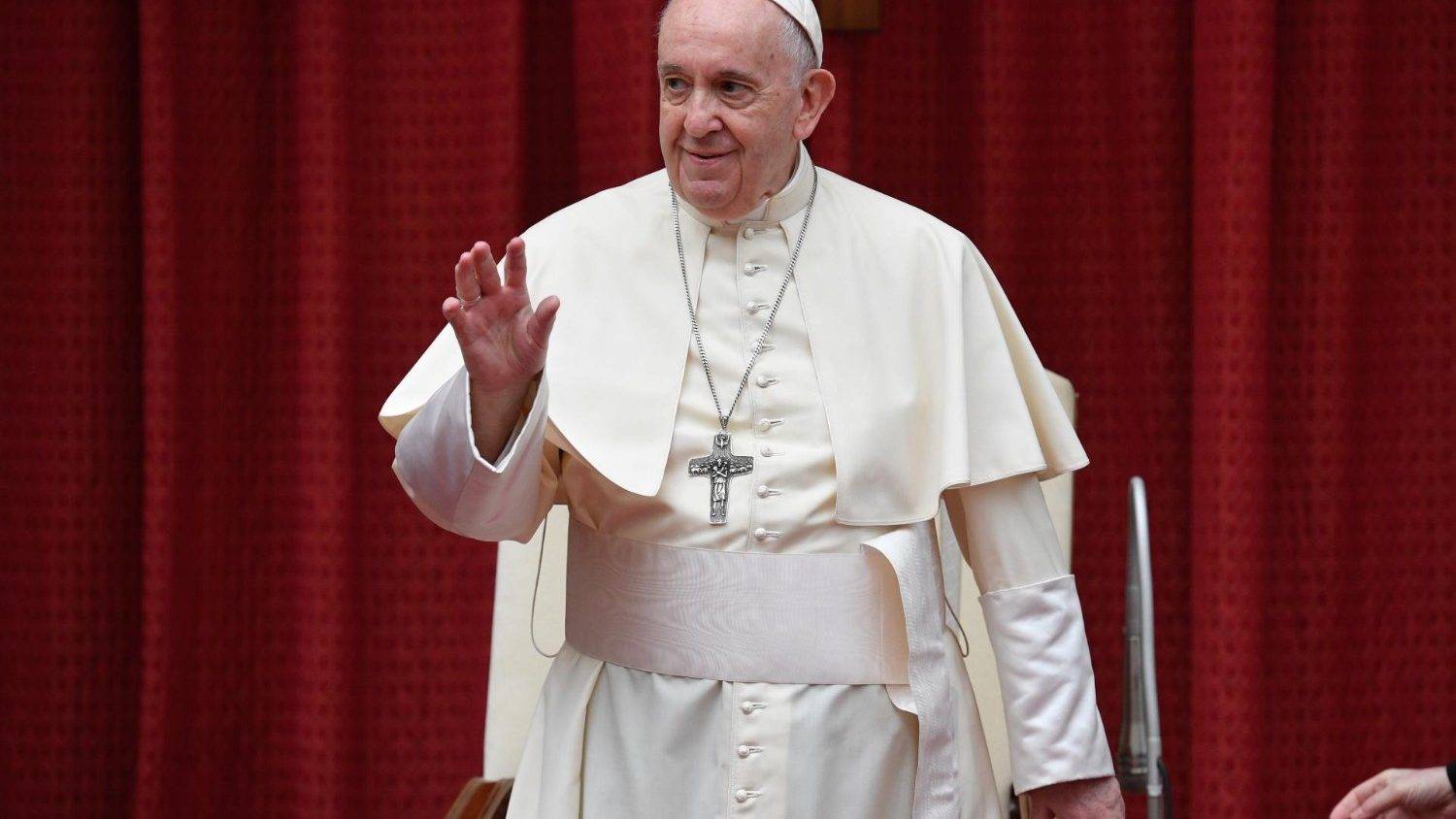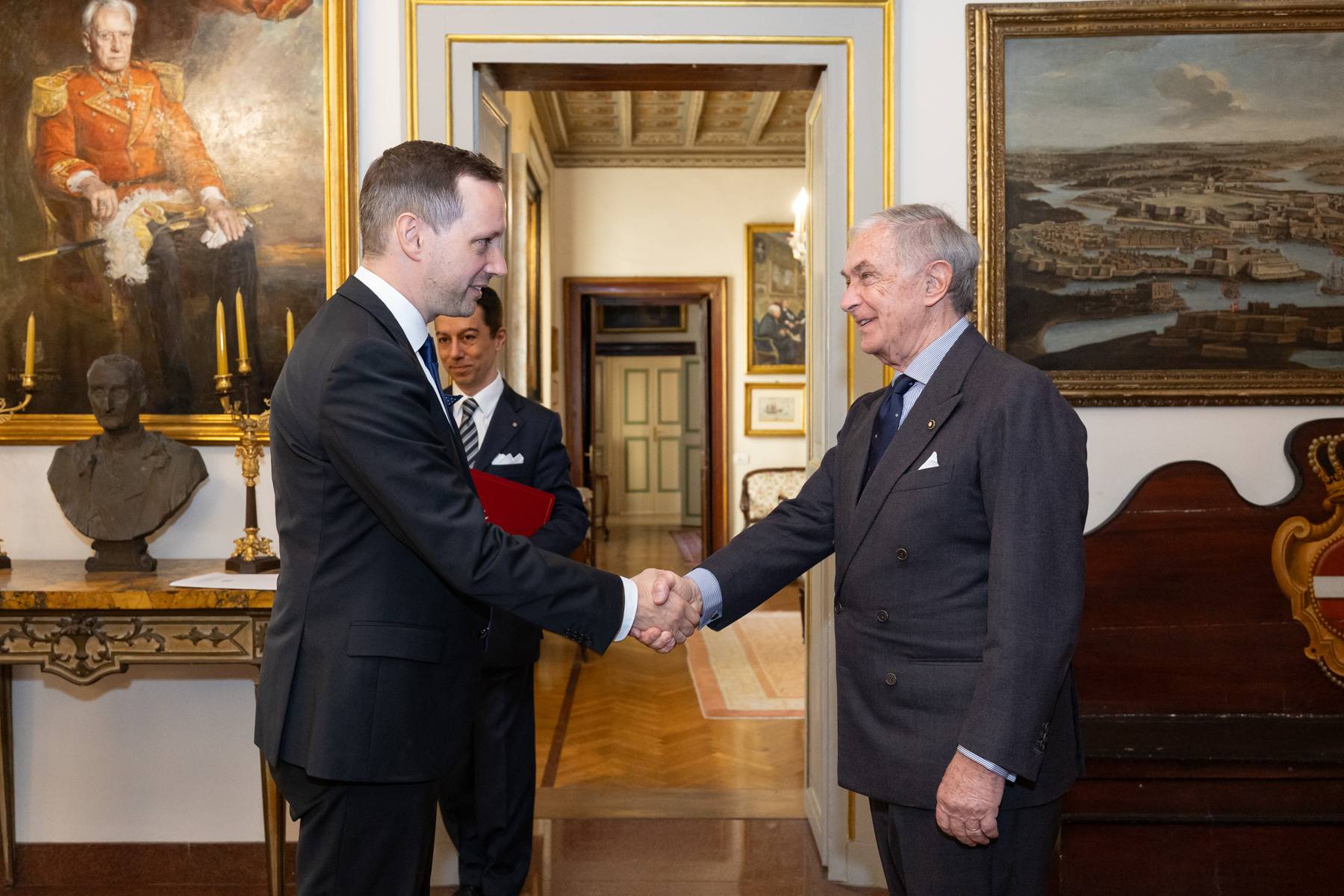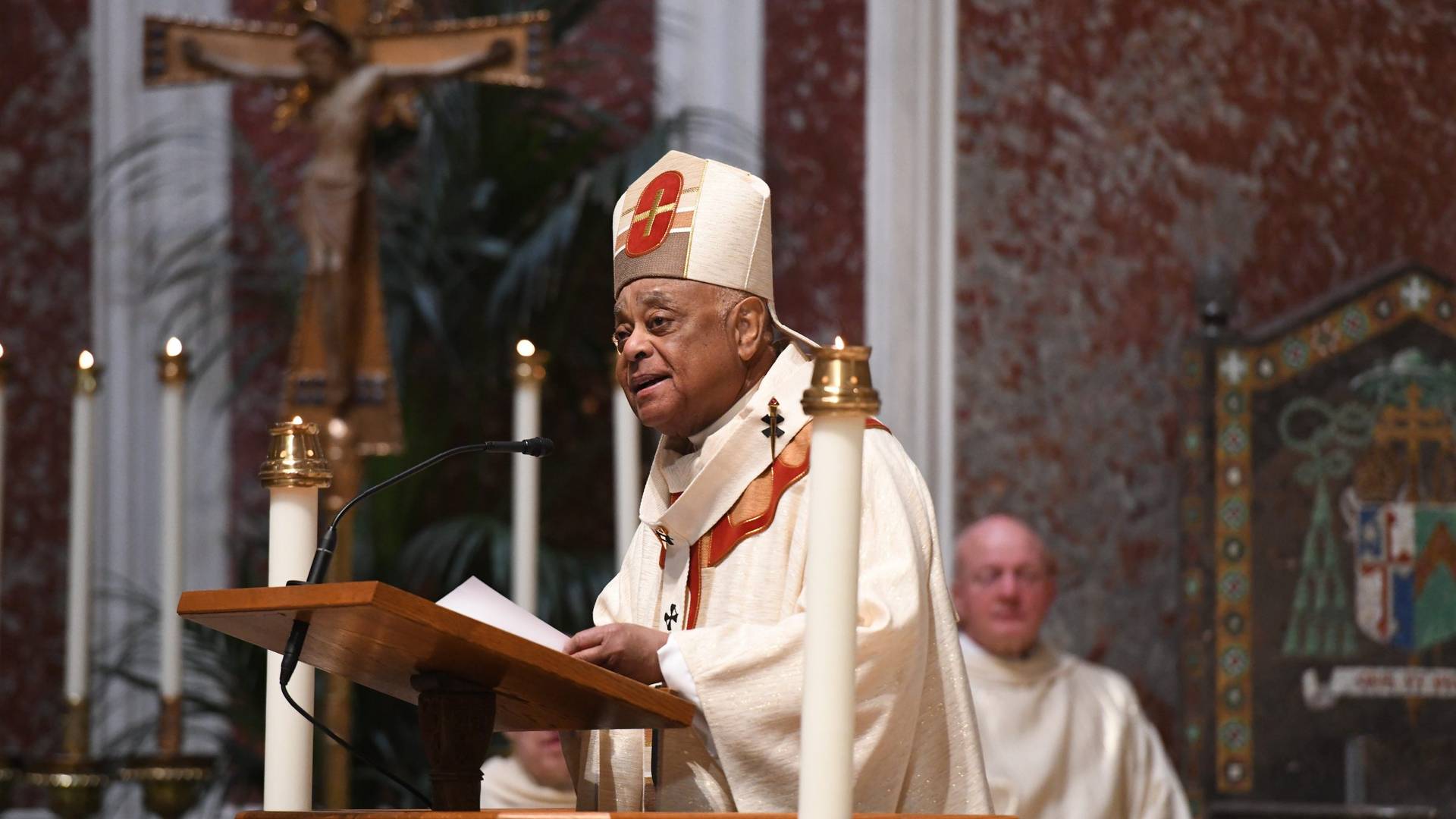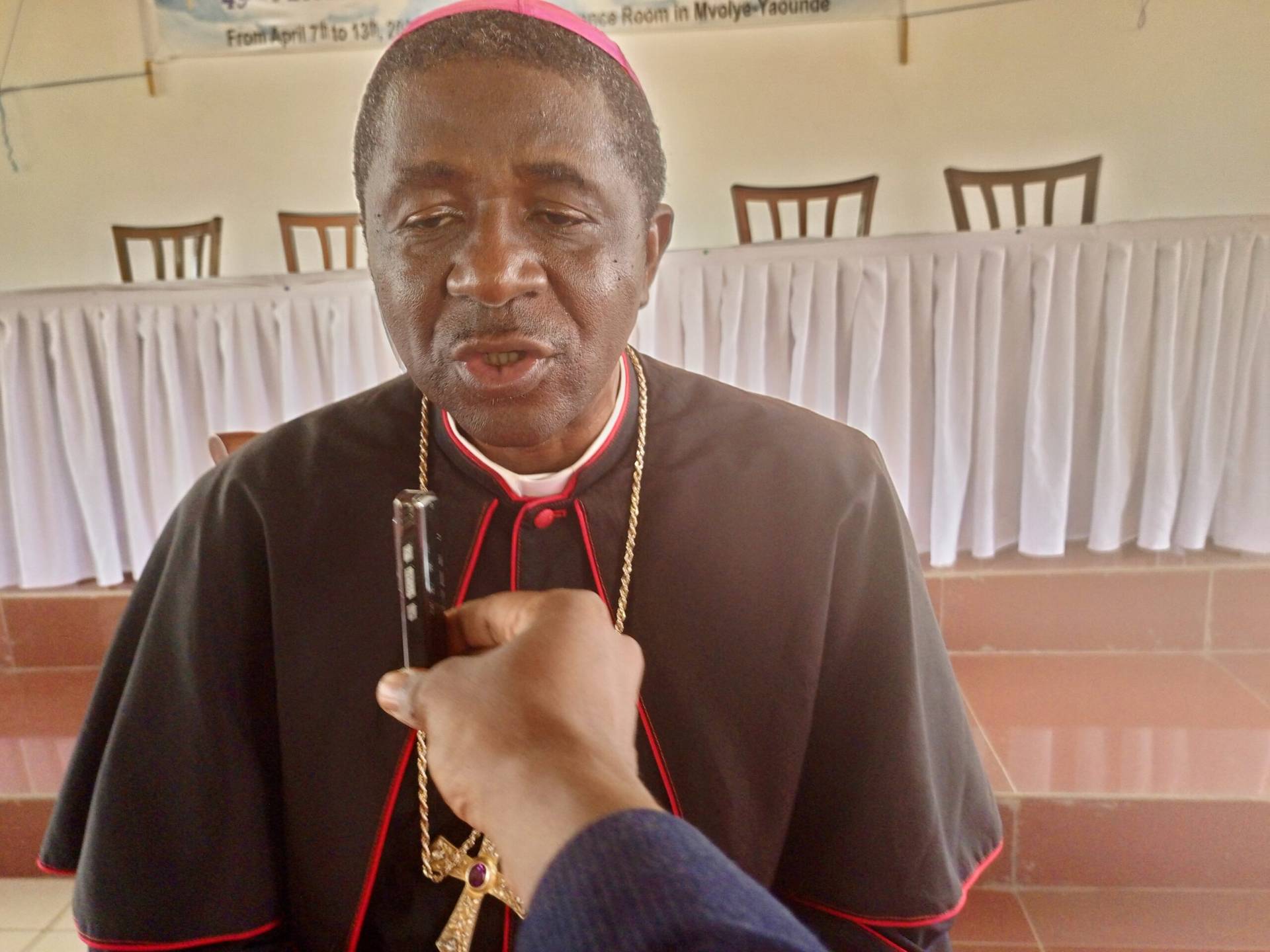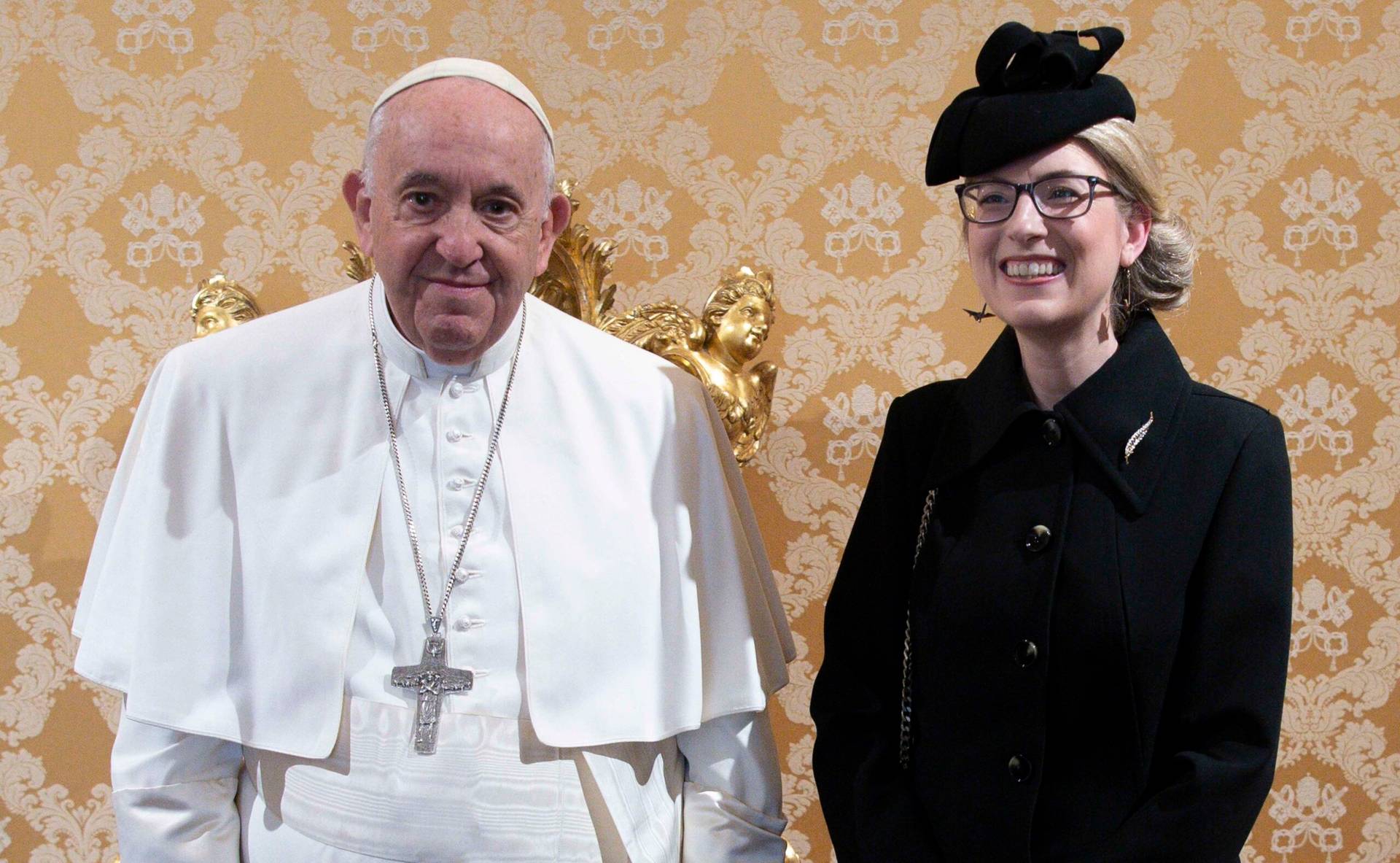YAOUNDÉ, Cameroon – As Cameroon faces some of its greatest crises, members of the Catholic Men Association are meeting in Yaoundé.
One of their topics is peacebuilding, important especially as the country continues to experience an ongoing insurgency in its North West and South Regions, where Anglophone separatists are fighting the forces of the majority French-speaking government. In addition, the Islamist Boko Haram is active in the Northern parts of the country.
“In Cameroon, we have socio-political crises in the North West and South West regions of Cameroon, the Boko Haram in the Northern regions and also the tensions in the East region and at the end of all these tensions is frustration, crimes, poverty, a plaque of problems that make you to even doubt your own brother,” said Brother Okie Johnson Ndoh, the president of the Catholic Men Association ahead of the congress.
“And when things happen like this, the first thing for a brother is to recognize the other as his brother,” he told Crux.
“There should be forgiveness, reconciliation and responsibility. So within this congress, we are trying to see how a new bridge, a new era can be built. Once there is love, forgiveness and reconciliation, we cannot fight,” he added.
Over 500 people from all over the country will be meeting in the country’s financial capital for the meeting, but Ndoh said the group is taking precautions to prevent the spread of COVID-19.

“The authorities of this country have given us prescriptions as far as what concerns the COVID-19. We are going to respect them to the letter and to make sure that all the measures involved like the wearing of face masks, the washing of hands, social distancing and all the other measures plus our prayer,” he said.
What follows are excerpts of his conversation with Crux.
Crux: The national congress will be taking place from the 9th to the 11th of July 2021. What are the issues you will be talking about?
Ndoh: The congress is first of all to thank God for the achievements made within the past three years.
Secondly, we will try to analyze to see how far we have gone in the identity of the CMA, how far we have gone in the growth of the CMA, the unity of the CMA, its activities, and try to see the standing of the group within the church.
Let’s look closely at the theme of this Congress – Brotherhood, Responsibility and Peace-building: Seeking Relationships. How relevant are these issues to present day Cameroon?
Yeah it is a very interesting question. We are plagued by the COVID-19 pandemic. In Cameroon, we have socio-political crises in the North West and South West regions of Cameroon, the Boko Haram in the Northern regions and also the tensions in the East region and at the end of all these tensions is frustration, crimes, poverty, a plaque of problems that make you to even doubt your own brother.
And when things happen like this, the first thing for a brother is to recognize the other as his brother.
There should be forgiveness, reconciliation and responsibility. So within this congress, we are trying to see how a new bridge, a new era can be built. Once there is love, forgiveness and reconciliation, we cannot fight.
So is it possible to conclude that what Cameroon is facing today like the fighting in the NW and SW, the tensions in the East and Boko Haram in the far north is as a result of a breakdown in brotherhood?
For sure. It’s a breakdown in brotherhood because when you do not trust your brother, so many things will go wrong.
As a Catholic man, if you become responsible, if you become humble, progressive, it is not only within your family. In your community you will make a difference. Our wish is that wherever a CMA man finds himself or any Catholic in any governmental institution or any public office, he should set the example as an apostle of Saint Joseph.
The Congress will bring together some 500 delegates from across the nation and it’s coming at a tough time when Cameroon, like the rest of the world, is still reeling from the COVID-19 pandemic. How do you ensure the event is safe?
The authorities of this country have given us prescriptions as far as what concerns the COVID-19. We are going to respect them to the letter and to make sure that all the measures involved like the wearing of face masks, the washing of hands, social distancing and all the other measures plus our prayer.
In 2018, you launched a nine-day novena to pray for peace in the North West and South West regions. Is prayer enough?
Prayers cannot be enough. Government has taken some measures, but these are all human solutions, and since we are all humans, we have limits. And once we have limitations, the only thing that surpasses is prayer.
The International Crisis Group singled out the Catholic Church as one credible institution that can broker peace in Cameroon. What do you think the Church can do or has been doing to foster peace, and what role has the CMA played in this?
Most of our people have lost trust in us, the elites. But I tell you, what I have come to realize is that the Church and most especially the Catholic Church and the priests are the only people those people back home trust.
Let me give you an example. We created a sanctuary in my village Nguti with the present archbishop of Bamenda who was then the bishop of Mamfe diocese. This sanctuary was inaugurated at the heart of this crisis and Nguti – my village – is at the heart of the forest and we have a junction where all the people come and gather to sell.
On that day there were over three thousand people at that sanctuary, and I tell you there was no disturbance. Everybody who went there left without any scratch and to my greatest surprise, the “amba” boys [separatist fighters] were there in their numbers and at the end of the Mass, they went to the bishop and asked for rosaries, asked for bibles and some of them even disclosed their identities. What can you say? Is that not God working? Even the few “amba” boys who wanted to cause trouble, the priest went and met them when no other person could go there. I am giving you an example of the trust and the strength of the Catholic Church. I lived it.
That is the force of the Church; that is the force of the Catholic Church.
The Catholic Men Association, we have gone to all those places hit by crises to pray and we have never had any major incident.
So what I am trying to say, the Catholic Church has a role, people have confidence in the Catholic Church.
What is the scope of the CMA today in terms of its implantation nationally?
We are implanted in the entire ecclesiastical provinces of this republic; that is to say from North to South, from East to West. CMA is in all the areas. As of now, we have 23 dioceses in the entire republic and CMA is in about 20 of them.
How does anyone become a member of the CMA?
Any male Catholic age 21 can join. The CMA is meant for Catholics. You express your willingness or your intentions to the group and when that is done, the group explains to you what it takes to become a member. But it takes almost two years of complete doctrine and classes to prepare you to become a member of the Catholic Men Association.
You have been president for about three years now. What would you say have been your major accomplishments?
When I took up office, the group was shaky: There was disorder and there was mistrust and so many other things. I think one of the first things I can thank God for is to have brought the members to love themselves, to love your brother, to know that you are a keeper of your brother.
Secondly, when I took over, one of my major objectives was building up our spirituality because we are basically a spiritual group and the first thing was to harmonize all our spiritual documents and today, thanks so much to our national chaplain Father Kizito who has worked so hard, we have a standardized spirituality in our documentation for everything that is going on.
Thirdly, we have our identity, we are coming up with the matriculation of all CMA members which contains a database of all your information from your date of birth, date of baptism so that in case of anything you need my information, you just go to my database there and you will have everything that concerns Okie Johnson.
How do you ensure that the CMA is sustainable over time?
So in our national secretariat in Buea [the capital of the South West region], we have an income generating section which includes large halls for conferences and even lodging facilities that will generate income. But apart from that, we have ensured that each diocese within Cameroon, parishes, branches should have a small piece of land where they can cultivate food crops, crops that within six months, we can sell to generate some income which goes into the account of the group so that when there are contributions to be made, we just go into that account and contribute so that people will have enough time to concentrate on their spirituality.
The third part is our support to the bishops, our support to the priests and all the others; wherever the authorities of the church are, a catholic man is present to give them that support.







